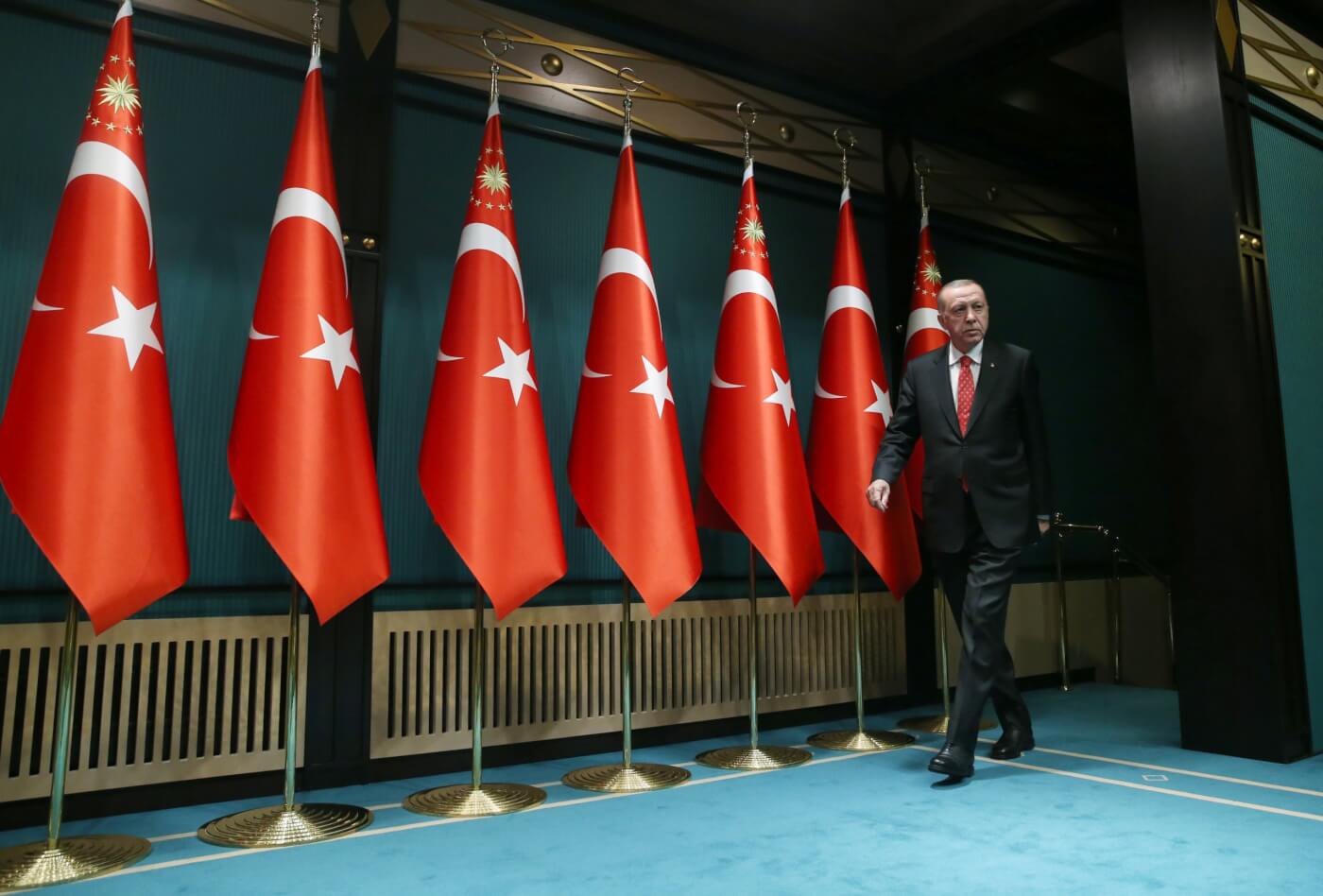Today 10 June, Human Rights Watch (HRW) released a report calling on the authorities in Turkey to halt the investigations into the physicians running the medical associations in Mardin, Urfa and Van provinces in eastern and southeastern Turkey.
According to HRW, Turkish authorities have targeted doctors in senior positions in professional bodies, known as medical chambers, since March 2020 for allegedly “issuing threats to create fear and panic among the public” in media interviews and social media posts relating to the Covid-19 outbreak in Turkey.
In early May, a court in Şanlıurfa imposed a travel ban on Şanlıurfa Medical Chamber’s general secretary, Osman Yüksekyayla, and co-chair, Ömer Melik, and required them to sign in with their local police stations, pending the prosecutor’s completion of a criminal investigation.
“The Turkish authorities criminally investigating medical chamber officials is not only an outrageous attack on free speech but impedes the fight against the deadly Covid-19 pandemic and obstructs their legitimate work,” said Hugh Williamson, Europe and Central Asia director at Human Rights Watch.
The first weeks after the first Covid-19 case was confirmed, the Turkish Medical Association, the Ankara-based umbrella body with which all provincial medical chambers are affiliated, and the Social Services and Health Workers’ Union (SES), complained about a lack of protective gear and measures to protect health workers.
Executives of the medical chambers in the regions of Van, Mardin, and Şanlıurfa voiced similar concerns in media interviews and social media posts. They were then summoned to police stations in their cities and interrogated on suspicion of “issuing threats regarding health with an aim to create panic and fear among the public” (Article 213 of Turkish Penal Code). The offense carries a possible prison sentence of between two and four years.
In their report, HRW also highlights the case of Dr. Özgür Deniz Değer who is the co-chair of the Van Medical Chamber. On 19 March, he gave an interview to Mesopotamia News Agency in which he criticised the authorities for failing to take early precautions against Covid-19 as well as the government’s failure to quarantine pilgrims returning from Mecca in March, or to protect prisoners.
Değer also criticised the authorities for not including the medical chambers in provincial councils established to fight the pandemic. Six days later, police summoned Değer and interrogated him about the interview on the grounds that it created “fear and panic among the population.” Değer refuted this allegation. On 4 May, police interrogated Deger again in connection with a tweet in which he asked Turkey’s health minister how many health workers had been infected with Covid-19.
The Turkish Medical Association has itself been strongly criticised by media outlets close to the government. News reports accused members of the Turkish Medical Association of being “in pursuit of chaos” after association officials said in a news conference during the early days of the outbreak that there were more cases of the virus in Turkey than the Health Ministry had revealed.
Some media outlets have claimed that the Turkish Medical Association is more dangerous than Covid-19.
“Turkey’s government should see the important role the Turkish Medical Association plays in offering independent and credible opinions on all matters relating to public health,” Williamson said.
“Official efforts to discredit and criminalize the association or its provincial affiliates, notably those in the mainly Kurdish southeast and eastern regions, undermine efforts to uphold public health and the right of medical professionals to do their job.”
As of today, Turkey had 172,114 confirmed cases and 4,729 deaths from Covid-19, according to data from John Hopkins University, and more than 7,000 health workers have been infected. Earlier this week, cafes and shops reopened in Istanbul and a ban on intercity travel was lifted as new cases have fallen steadily in recent weeks, prompting state officials to ease restrictions.

